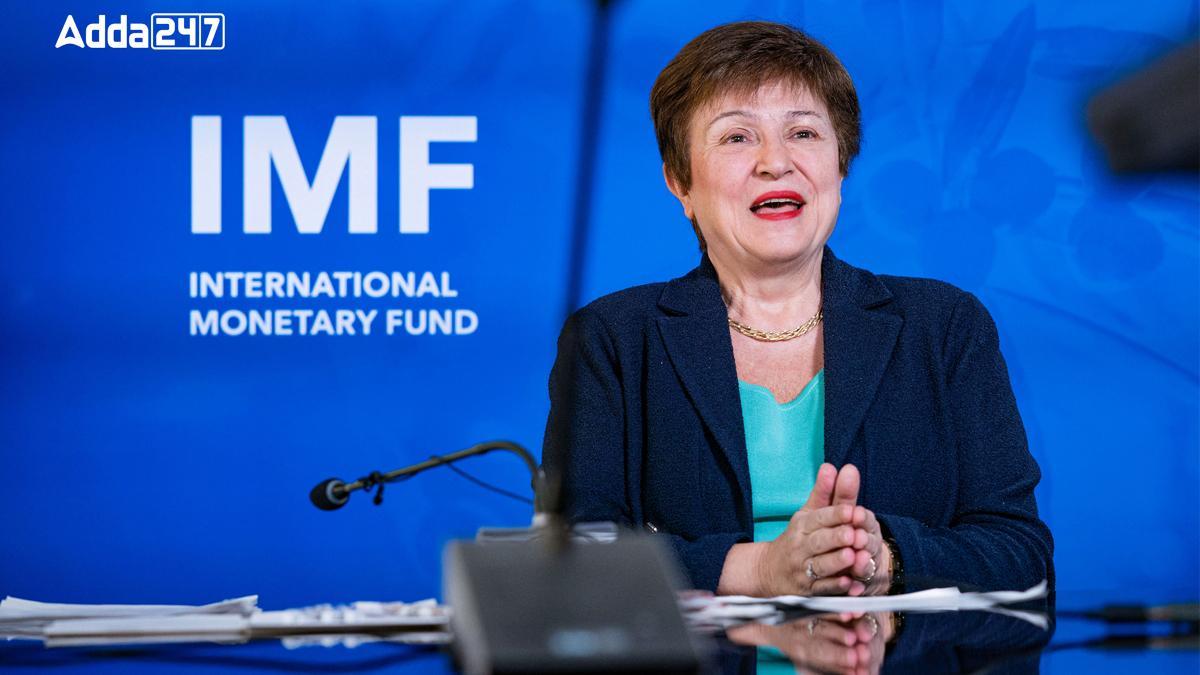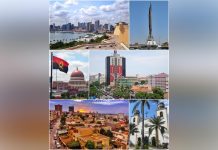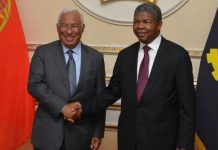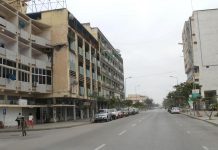Africa-Press – Angola. The Managing Director of the International Monetary Fund (IMF), Kristalina Georgieva, stated Thursday in Luanda that Angola has “turned the page” on negative growth thanks to the economic reforms initiated in 2017.
The IMF senior manager made the statement following an audience granted by Angolan Presiden João Lourenço, during which the progress of economic reforms and the support programs that the financial institution maintains with the country were discussed.
Kristalina Georgieva, who is in Angola for a three-day official visit to strengthen economic cooperation and assess the main challenges facing the country, noted that government measures must continue to ensure macroeconomic stability in a global context of constant transformations.
According to the IMF official, the Angolan government has undertaken transformative reforms that are allowing the country to recover and consolidate economic growth.
“I congratulated the government on the reforms that have been taking place since 2017. Angola has managed to move from negative economic growth to positive growth, and this demonstrates effort and resilience,” she declared.
Kristalina Georgieva also acknowledged Angola’s role in leading the African Union, highlighting the importance the country has given to infrastructure development, considered fundamental to the continent’s progress.
She also spoke about the challenges posed by global economic transformations and climate shocks, and argued that Angola must maintain its reform agenda to increase its resilience.
“In a changing world, it is essential that economies adapt and become more resilient,” she stressed.
When questioned about the gradual and careful removal of fuel subsidies, one of the central points of her speech and a measure that the IMF considers necessary to improve the efficiency of public spending and strengthen support for the most vulnerable families, Kristalina Georgieva stated that “subsidies primarily benefit wealthy people.”
“The government spends 2.5% of Gross Domestic Product (GDP) on fuel subsidies. Imagine the positive impact that removing these subsidies could have on youth employment, trade, education and other priority sectors,” she explained.
Georgieva praised the “gradual and prudent” approach adopted by the Angolan Executive and suggested that the savings resulting from the reform be directed to social programs.
In her view, it is necessary to help the poorest first, because they are the most affected.
“The current program already supports 0.7 million people, an important milestone, but it still needs to be expanded and made more efficient,” she said.
On the occasion, the Managing Director reiterated the IMF’s support for the measures implemented by the Government.
IMF senior official’s agenda in the country is being marked by strengthening economic cooperation and assessing the main challenges facing the country.
During her stay, Georgieva will hold a working meeting with the economic team led by the Minister of State for Economic Coordination, José de Lima Massano.
The visit comes at a time when Angola is seeking to consolidate the macroeconomic progress achieved in recent years and move forward with a set of structural reforms.
Among the main objectives of the IMF Managing Director’s visit is the strengthening of the institutional partnership, with a view to supporting the measures that the Government has implemented to stabilize the economy and boost growth.
The program of activities includes an assessment of the economic risks that persist, especially the high dependence on oil, exchange rate volatility and the level of external debt.
Another central point of the mission is the diversification of the Angolan economy.
Historical cooperation with the IMF
Bilateral cooperation between Angola and the International Monetary Fund (IMF) continues to play a central role in the country’s economic stability and development.
The relationship has intensified, especially since the 2000s, accompanying periods of macroeconomic imbalances and crises caused by the fall in the price of oil, the main source of national revenue.
Over the past decades, Angola has worked with the IMF through various forms of support.
Among them, the financial assistance programs stand out, with particular emphasis on the Extended Fund Facility (EFF), implemented between 2018 and 2021.
For More News And Analysis About Angola Follow Africa-Press






